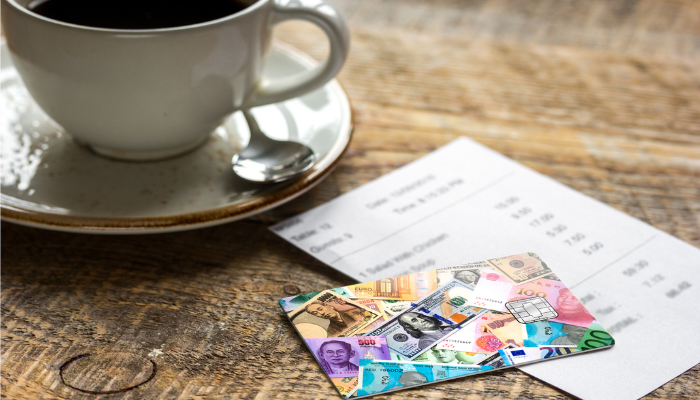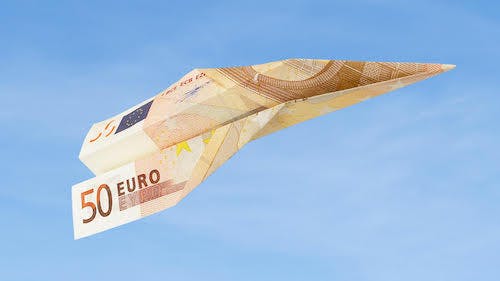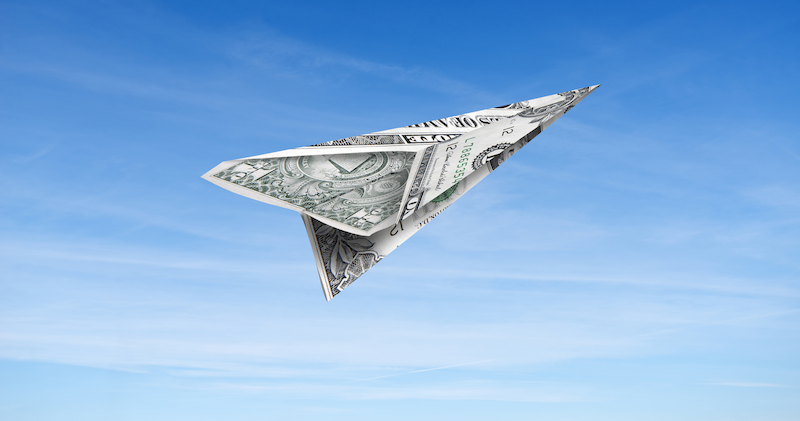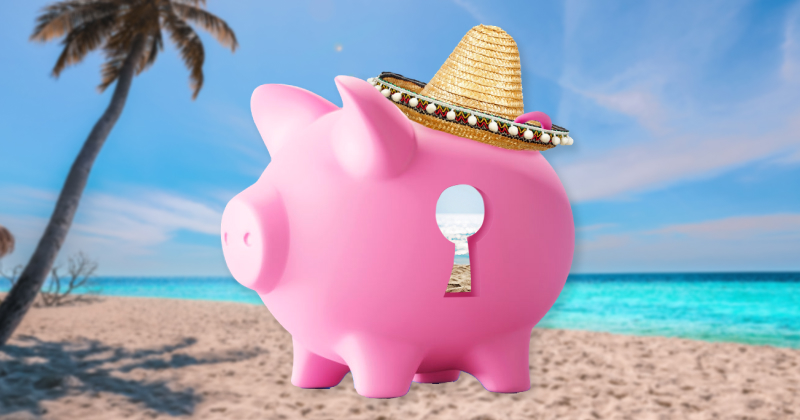

What's the best way to take money abroad?
We'll help you pick the right overseas currency solution for your next trip
Things have moved on a long way since the days of travellers' cheques and traditional bureau de change. There's now a wealth of smart and convenient ways to take cash into other countries, and you can significantly cut the overall cost of your trip by packing the right plastic or being clever with your currency converter.
Read on for a rundown of the most popular ways of taking funds abroad, and the pros and cons of each to help you decide on what's best for your needs.
Maximise your holiday with up to 20% off!
Sign up today and be the first to grab our latest deals.
1. Cash
Many travellers still take the old-school approach to currency conversion by obtaining their holiday spending money up-front in the form of cash. There are some obvious advantages, having physical coins and notes can make budgeting easier, and wherever you're going in the world, a wad of cash holds the same appeal, and none of the potential technical pitfalls of plastic.
You also won't be subject to the ups and downs of the exchange rate - which can fluctuate wildly even within a short visit. Different exchanges might offer different rates, so it's worth shopping around before you commit to converting your cash. Be sure to check out what your bank, high-street foreign exchange and Post Office are offering so you can compare the overall cost.
However, not everyone feels comfortable carrying large sums of cash, particularly in unfamiliar surroundings. If you are taking this approach, be sure to keep it secure at all times, and try to avoid carrying large amounts with you at any given time.

2. Credit cards
Credit cards provide a handy solution to travellers wanting to protect their holiday spending and pay it off in one or more lump sums at the end of the trip. While this may sound like an expensive option, most credit cards actually work out cheaper than debit cards when travelling abroad.
This is because the major credit card companies impose rules on banks and merchants on an international scale, providing some fairly robust protection for travellers. Many cards have insurance for certain purchases (including many that come into play on holiday such as tickets for travel and events) and the big ones like Mastercard and Visa are recognised the world over.
But be aware that credit cards are still a form of borrowing, and you'll ultimately be subject to the same rates of interest as you would be back home.

Enjoy hassle-free holiday
travel money
The simpler, safer, smarter way to spend overseas
Find out more3. Pre-paid currency cards
Pre-paid cards are an increasingly popular method of taking money abroad, and for good reason. You'll benefit from the most competitive exchange rates going without having to shop around, and you'll remain locked into that rate for the duration of your trip.
As they are provided by major credit card companies, pre-paid cards are recognised everywhere that accepts Mastercard, and you'll benefit from the same security from protection to emergency assistance in the case of loss or theft. In many ways, these cards have all the benefits of cash, without the security pitfalls. One of the best known pre-paid foreign exchange cards on the market is Caxton FX.
Just bear in mind that although you can top up your card while you're away, not everywhere will accept card payments. It's always a good idea to carry a small amount of cash as well for emergencies.
4. Debit cards
Using your debit card to withdraw cash and make purchases is one of the easiest ways to pay for goods and services abroad - but it's also one of the most expensive. When compared with credit cards there's less regulation in place over what charges the issuers can impose, so many of them slap on hefty tariffs for debit card use abroad. It can be an unpleasant surprise to come to a bank statement that's peppered with costly debit card fees - particularly if you weren't expecting it.
However, in some situations the debit card can't be beaten for convenience, and if you're not eligible for a credit card or prefer not to use one, this may be your only fall-back option when travelling abroad. If this is your preferred method of currency conversion, it pays to figure out how much money you'll need in advance and withdraw it as a lump sum in cash to avoid multiple charges.
5. Avoid getting stung

The traditional tourists' bureau de change should be seen as an absolute last resort when travelling. These businesses make huge profits from their currency changing services, and their very existence depends largely on our own laziness and desire for convenience. Try to avoid getting into a situation where they're your only option for converting money, as you can bet your bottom dollar (or indeed euro) that they won't give you the most competitive rates!
More money-saving tips
All our advice and guides for saving money on your next trip.






